Bishul Akum (Cooking by Non-Jews)
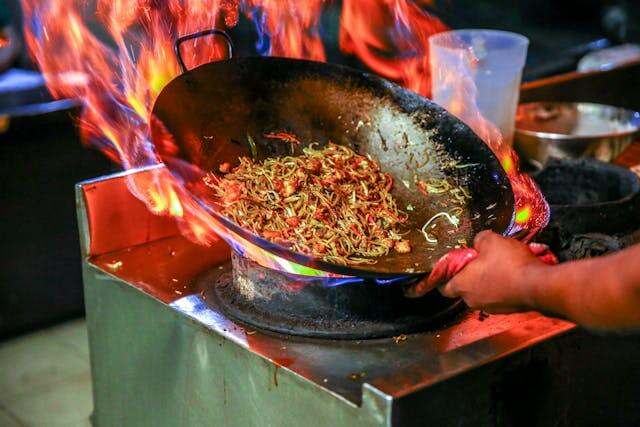
General Rule: The Sages prohibited eating food cooked by a non-Jew, even if all the ingredients are kosher. This was primarily to prevent social closeness and intermarriage. A secondary reason is concern that a non-Jew might cook non-kosher food, causing a Jew to eat it unknowingly. Application to Non-Observant Jews: If a Jew who does […]
What is “hafrashat challah” (separating challah)?

It is a mitzvah from the Torah to dedicate the first portion taken from a dough intended for baking to God. When the Temple stood, this portion—the challah offering—was given to the kohanim, who would eat it in a state of ritual purity. Today, since we are all considered ritually impure due to contact with […]
The Halachic Way to Clean and Check Strawberries
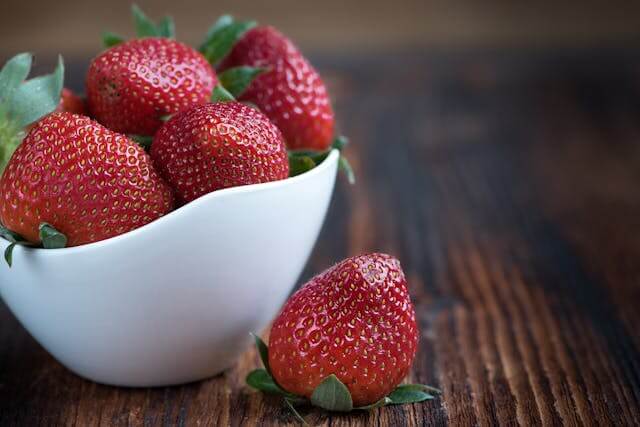
Strawberries often harbor insects that can hide in the small crevices on their surface. Cleaning Instructions for Strawberries Not Supervised for Insects: Remove the green leafy top, along with a small portion of the fruit. Soak the strawberries in water with a small amount of dish soap (about ½ teaspoon of soap per liter of […]
The prohibition of “Chadash”

The prohibition of “Chadash” is a term in the Torah and the principles of kashrut that refers to the prohibition of eating new grain, meaning grain that was grown in the new year, before Passover. This prohibition applies to the five species of grain: wheat, barley, oats, buckwheat, and rye. According to Jewish law, new […]
The Prohibition of Non-Jewish Bread/Pat Ackum
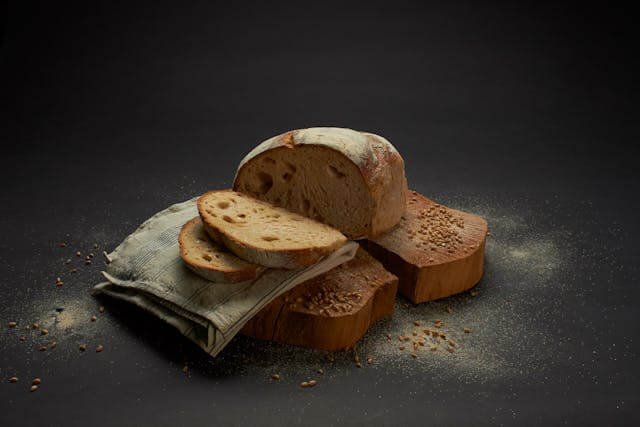
Essence of the Prohibition: The Sages forbade eating bread baked by a non-Jew to prevent social closeness that might lead to intermarriage. This prohibition applies even when there is no realistic concern of marriage. When the Prohibition Applies: Only if the non-Jew baked the entire product by himself. Permitted if a Jew participated in the […]
Stam Yeinam and Yayin Nesech
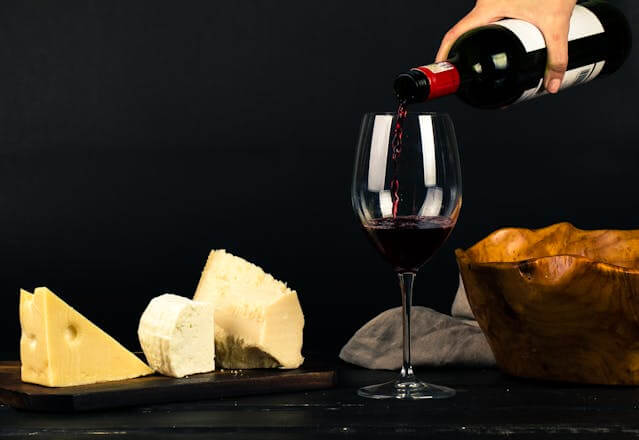
According to Torah law, wine that was poured as a libation for idol worship is forbidden both for drinking and for benefit—such as selling it for profit, applying it to the body, and the like. However, wine of a gentile that has no indication of being used for idolatry is, by Torah law, permitted even […]
The Halachic Status of Chalav Nochri and Powdered Milk

Many reasons have been given for the laws of kashrut, one of which is that they are meant to distinguish and separate the people of Israel from other nations. One of the well-known prohibitions in kashrut is the prohibition of “Chalav Akum” (milk from a non-Jew), though it is sometimes confused with similar terms. This […]
Stages of Separation (Terumot and Ma’asrot)
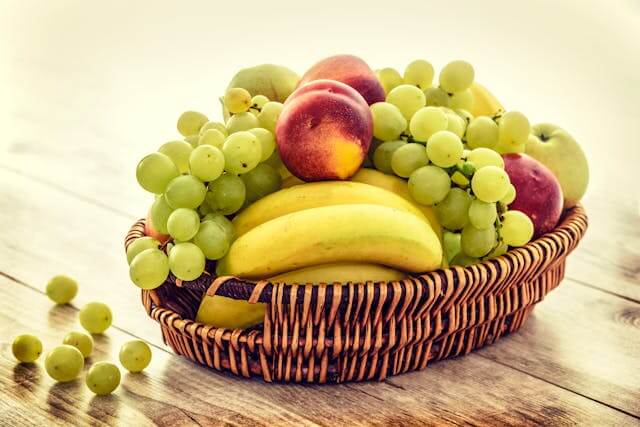
Preparation for Separation Separate slightly more than 1% of each type of fruit/vegetable/product, and place it aside — near the rest of the produce. Prepare the special coin used for the redemption (of Ma’aser Sheni). Blessing for the Separation If the fruits are considered Tevel Vadai (definitely untithed), meaning it is certain that they have […]
Blood Found in Eggs

Blood found in eggs is considered dam ha’eivarim (blood from the organs), and its consumption is a Torah prohibition (“lo ta’aseh” – a negative commandment). However, if it is known with certainty that the egg was not fertilized by a male (such as when the hen was kept in an enclosed coop without any roosters, […]
Waiting Between Meat and Dairy

The Sages instituted a waiting period between eating meat and dairy. This is due to the strong and lingering taste of meat that remains in the mouth for a long time, as well as the concern that pieces of meat may remain between the teeth and mix with dairy consumed afterward. Length of the Waiting […]

